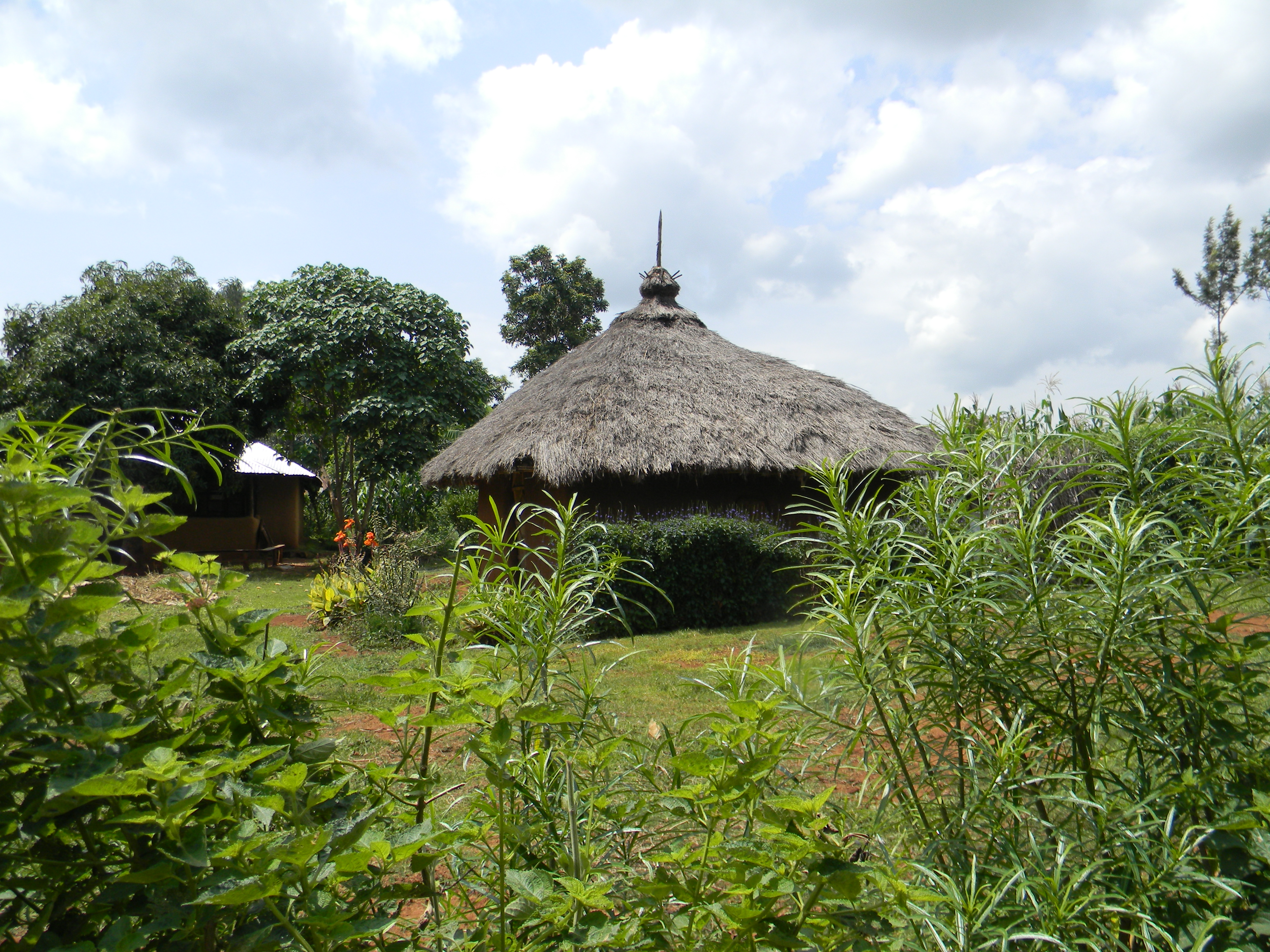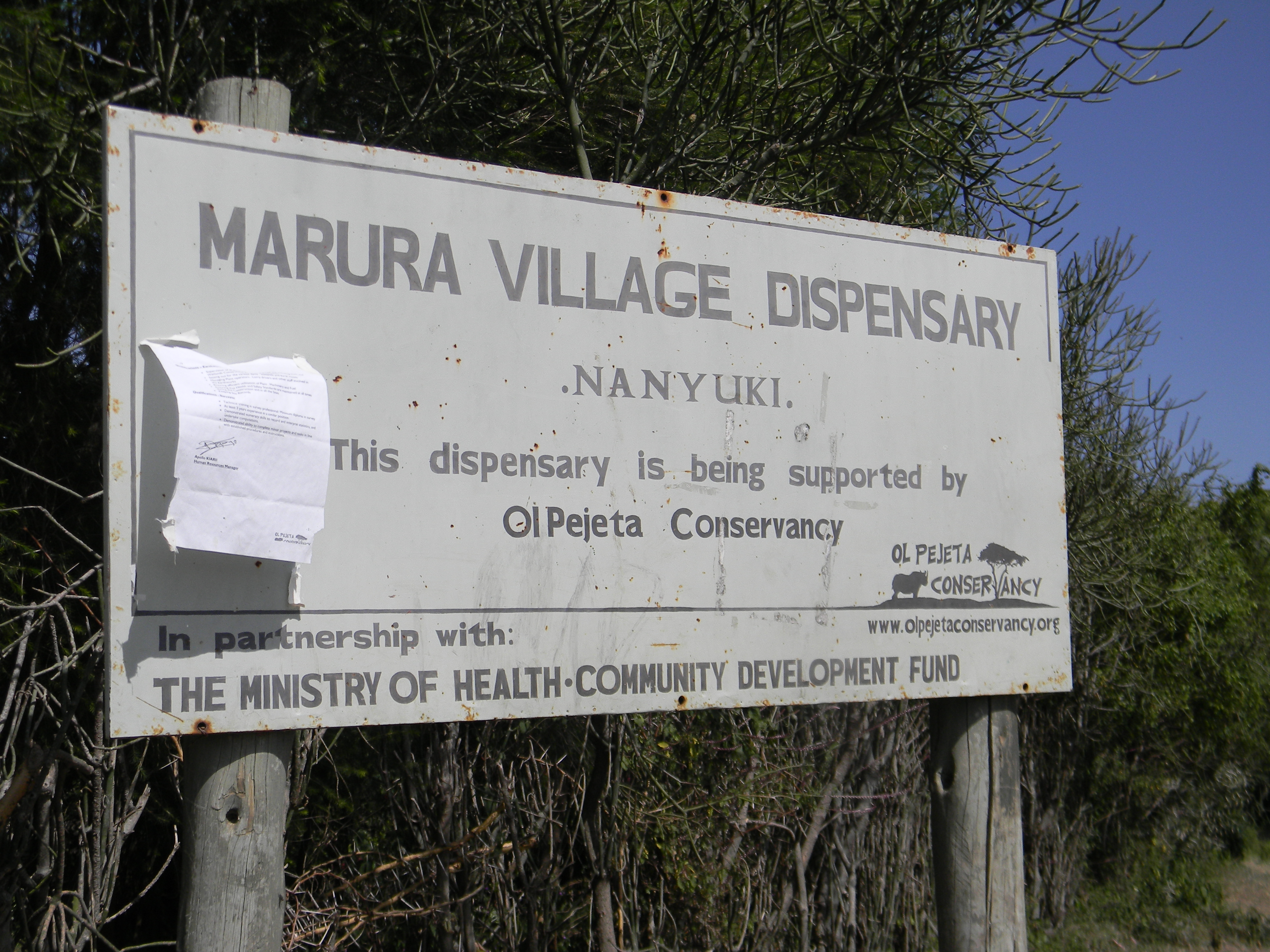
Avoid The Knife – FGM in Kenya
I met Vivian in Nairobi. We were told that we were to meet a young woman who had narrowly escaped Female Genital Circumcision (FGM), a practice that is barbaric and abusive. She had escaped being cut, not because of the intervention of Western aid workers or other incomers to her rural Kenyan community, but because her parents forbade it.
The Luo community, to which Vivian and her parents belong do not practice FGM, but she grew up in a Kuria community where girls are cut. It is seen as a rite of passage, which most girls eagerly anticipate . When Vivian’s parents refused permission for her to be cut, she tried to go behind their backs. She was nine years old, and impressed by the stories of her friends, who told of month long celebrations, and generous gifts of money given to girls who do not cry.
Girls are told that they will be unable to find a husband if they are not cut, and are called names and ridiculed for refusing.
For many years, Vivian’s parents sent her away during the ‘cutting season’ to protect her. Even this did not help, and she sneaked out to attend a ceremony. Only the intervention of her brother, saved her. It wasn’t until she was 14 years old, that she realised that her parents were right.
Vivian told this tale on a warm summer evening in Nairobi. She talked of her teen fears of not finding a husband, and of the peer pressure she was subjected to. She talked of the church, where she was told that FGM was bad, but not why it is bad.
She talked of going ‘back home’ and seeing the school friends she left behind. One of her friends dropped out of school when she was 12 years old, and soon was married to a man in his 70s. She now has five children, and blames her parents for taking her ‘to the knife’. She has nowhere to go. There is no divorce in such a community.
Vivian is an intelligent, educated and beautiful young woman, who is now working as a researcher in Kenya. Where Vivian is educated, her friend is unschooled. Where Vivian is a free woman, her friend is enslaved by her circumstances. Vivian would not look out of place on 5th Avenue. The same could not be said of her friend.
Girls who are circumcised drop out of school earlier, marry earlier, have children earlier. The initial complications such as shock, severe bleeding, tetanus or sepsis are only the beginning of a life of pain caused by the ceremony. Later health issues may include the formation of scar tissue, cysts, infections, infertility and childbirth complications, including increased risk of mother and newborn deaths.
Kenya is one of many African countries that has officially banned FGM, but it still goes on. It continues because girls like Vivian are told that they are worthless unless they agree to be cut. It continues because young boys and men are told that a woman who is uncut will be unfaithful.
FGM is violence against women, perpetrated to keep them subservient to men. As Lancashire midwife and anti-FGM campaigner Cath Holland puts it,
“At its root, FGM is all about patriarchy. It’s about controlling women – controlling their sexuality, controlling their libido. In communities like Pokot it’s regarded as a prerequisite for marriage.”
Cath travelled to Pokot in the Rift Valley to train midwives, and returned a changed woman. Horrified by her experiences, Cath decided that the best way to effect change, was from within the community. She invited two Kenyan midwives to UK to inform them of the dangers of FGM. These women went back to Kenya to spread the word. One of their most effective tools is the Alternative Rite of Passage.
In the past years Cath has raised enough money to fund two alternative ceremonies, with a third one planned in December 2012 (during the traditional cutting season).
‘We were informed by the group that altogether over the last 2 years 414 girls participated in our “Alternative Rite of Passage” (ARP) ceremonies. Of these only 4 girls were subsequently subjected to FGM. The majority of the girls are still at school and some even attending secondary school’
Working within the community is the only way to protect girls from FGM. They have to be informed of the dangers, and empowered to make the decision not to be cut. Only then will they be able to resist the peer pressure, and the pressure from their community and family.
Vivian talks about her experiences, not only to foreign journalists and bloggers, but to the young girls who live in the community, paying back the advice she received from her mother. She was able to avoid the knife, and now she hopes that by telling her story, she can inspire other girls to do the same.
This post is part of the Violence Against Women Bloghop – 16 Days of Activism






4 Comments
Lesley Beeton
Such a powerful story. Thank you for highlighting this.
Two experiences come to mind.
1. I recall a conversation with an NHS anaesthetist 15 years ago, about FGM carried out in the UK. He felt that if it was going to happen, girls should be protected from unsafe practice and should be offered anaesthetic for the procedure. I was aghast at the thought of it, but understood his point.
2. When we first moved to the UK, we lived in a small village in Kent, where the hospital was staffed with foreign doctors. One of the young surgeons was from Sudan. His lovely wife was pregnant with her fourth child. As the time came for her delivery she had to have a surgical procedure to ‘unstitch’ her vagina. It had not been stitched for medical reasons but on religious grounds. She had also suffered FGM. I had never met anyone like her before, and her story will stay with me forever.
I just cannot under any circumstances justify this practice.
wonklifebalance
Really interesting post – I blogged about FGM in the UK in summer
http://wonklifebalance.wordpress.com/2012/07/31/fgm-in-the-uk-not-ok/
Russell Traughber
I wrote the childhood memoir of a Liberian bush girl who was cut in 1956 at the age of eight, unfortunately, little has changed, however, the recent UN Resolution to denounce FGM is a great development. There are many worthy on-line presses like this one that continues to raise awareness, much like Jabonkah Sackey’s amazing childhood story does.
Russell Traughber
Author, Driving the Birds
Zoe Armstrong
You highlight such important stories so very well. A fascinating blog.